Our Research Team
Zeeko’s Researchers Are Working On A Series Of Outstanding Projects That Combine Technological Innovations With The Educational Needs Of Children, Parents, And Teachers
An Explainable Genetic Programming Approach to Safely
Predict Cyberbullying Occurrence in Ireland
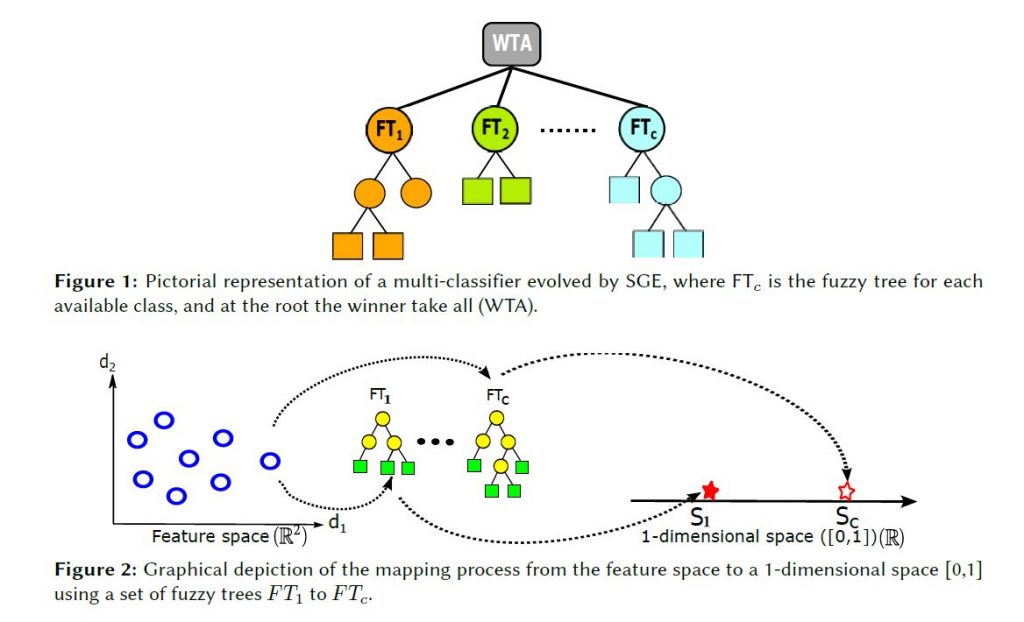
The paper examines cyberbullying among Irish primary school children using data from 67,387 surveys collected by Zeeko Education over nine years. It employs an explainable AI (XAI) method, Fuzzy Pattern Trees (FPTs), to predict the risk of cyberbullying with an accuracy of 84.3%. FPTs offer transparency, enabling parents and educators to understand the factors influencing predictions. Key findings indicate that smartphone usage and limited parental awareness of children’s online activity significantly increase the risk of cyberbullying. The study underscores the need to reduce smartphone use among young children and enhance parental digital literacy. While the results are promising, further research is required to improve model performance and develop actionable interventions.
Optimising a Peer Based Learning Environment
The study examines the effectiveness of the peer-led “Magical Leaders” programme for Irish primary school students, designed to develop critical skills such as communication, collaboration, and creativity. The research evaluates the impact of group composition, peer leader selection, and preparation time on completing six programme challenges. Results indicate teacher-selected groups completed tasks faster than peer-selected or randomly assigned groups. Peer leaders who volunteered performed better in staying on schedule, while those with over 30 minutes of preparation time were more likely to finish on time despite longer task completion times. The findings offer insights into optimising peer-based learning environments and highlight future research opportunities to improve efficiency and educational outcomes.
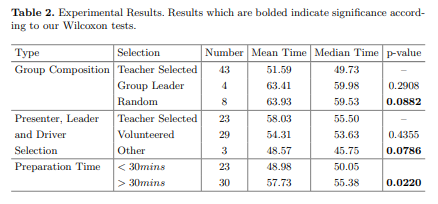
Integrating 21st Century Skills into Irish Primary Schools
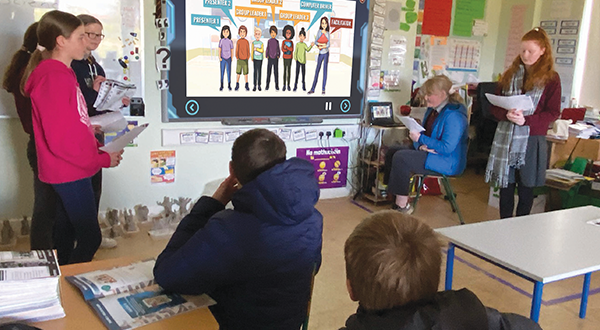
The research investigates integrating 21st-century skills into Irish primary schools through the "Magical Leaders" programme. Designed for 10–12-year-olds, the programme focuses on peer-to-peer teaching to develop critical skills such as communication, critical thinking, teamwork, and leadership. Teachers reported positive outcomes, with students improving collaboration and problem-solving abilities while gaining confidence in group work and presentations. However, challenges included outdated digital components, insufficient teacher training, and time constraints for preparation and delivery. The study highlights the potential of peer-led methodologies and 21st-century skills interventions in fostering essential competencies but underscores the need for enhanced resources, training, and programme refinement to improve delivery and impact.
The Influence of Regional Pronunciation Variation on Children’s Spelling
and the Potential Benefits of Accent Adapted Spellcheckers
The paper investigates how regional pronunciation variations influence children's spelling and the potential of accent-adapted spellcheckers, focusing on Irish Accented English (IAE). It explores the hypothesis that regional accents affect phonetic-based misspellings. Using a dataset of children's misspellings, the study fine-tuned the S-capade spellchecker to adapt to IAE features, improving its accuracy and recall rates compared to baseline models. Results highlight that incorporating regional phonological features into spellcheckers significantly benefits children’s literacy, addressing accent-specific challenges. The findings support the need for customised educational tools to enhance learning outcomes for diverse language variants. Future work includes expanding datasets and refining accent-sensitive algorithms.
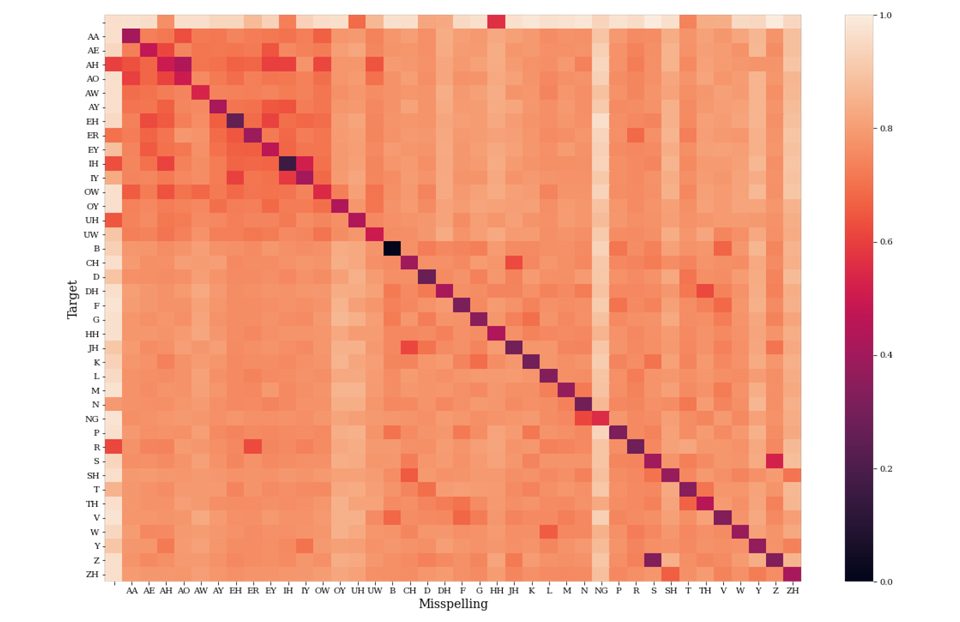
Virtual Avatars as Children Companions For a VR-based Educational Platform: How Should They Look Like?*
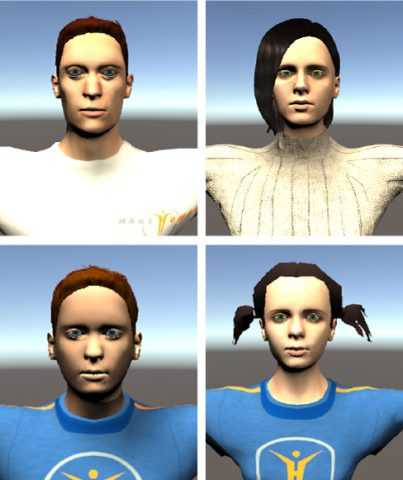
The study explores the impact of virtual companions (VCs) in a VR-based educational platform for children aged 9-12, focusing on their appearance (age, gender, and type). Two experiments evaluated the effect of human-like and robotic avatars, revealing that children felt higher engagement and presence with VCs of the same age but a different gender. Tasks included counting, memory games, and object fetching, with results showing minimal differences in performance between human-like and robotic VCs. The findings suggest that VCs resembling children’s demographics enhance learning engagement, although further studies on diverse avatars and academic tasks are recommended to confirm these outcomes.
S-capade: Spelling Correction Aimed at Particularly Deviant Errors*
The paper introduces S-capade, a phonemic-distance-based spelling correction tool designed to address deviant errors common in children's phonetic misspellings, which conventional spellcheckers fail to correct. Using phonemic similarity, S-capade evaluates grapheme-to-phoneme conversions and calculates weighted edit distances for corrections. Tested on datasets including schoolchildren and typographic errors, S-capade significantly improved recall rates and corrected errors undetectable by conventional methods like Aspell. The study highlights its potential in educational contexts, particularly for young learners, and envisions integrating it into broader context-dependent correction systems. Future plans include investigating accent-specific effects and enhancing accuracy for varied demographics. This innovative tool advances error correction by focusing on phonetic deviations rather than conventional typographic methods.
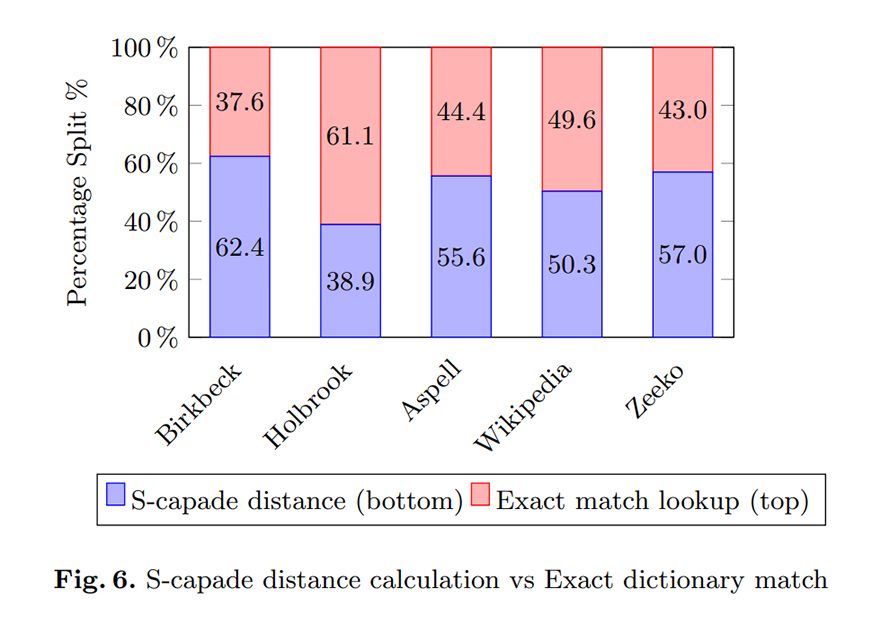
Digital Trend Report
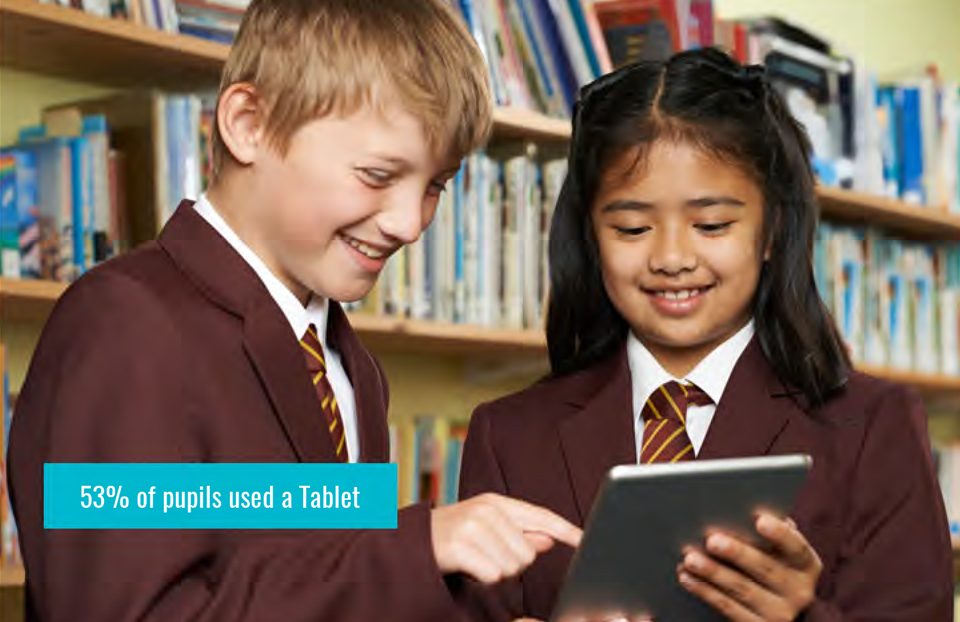
The Zeeko Trend Report investigates children's online behaviors in Irish primary and secondary schools, focusing on device usage, online content preferences, risk perceptions, and online experiences. Data from 244 schools and over 35,000 children reveal that children go online as young as six, with a preference for smartphones, YouTube, and Snapchat. Risks such as cyberbullying, digital footprint awareness, and screen time were assessed, with significant gender differences in risk perception and behaviour. Risky activities like online gaming with strangers and sexting increase with age, particularly in secondary school. The report highlights the need for improved parental guidance, digital literacy, and policy interventions to promote safe and responsible online interactions.
VR Technology Challenges And Opportunities Of VR Technologies In Education For Children, Parents, And Teachers
Virtual reality (VR) technologies will become increasingly popular in education, entertainment and training. So, it is important to anticipate this emerging technology's impact on our everyday lives (as has already happened with smartphones). While most research emphasizes the positive aspects of VR, especially in education to foster learning processes, little is known about the ‘side-effects’ of VR on children’s health and well-being. This EU-funded research project intends to explore the positive and negative aspects of VR usage in educational contexts (schools and families).
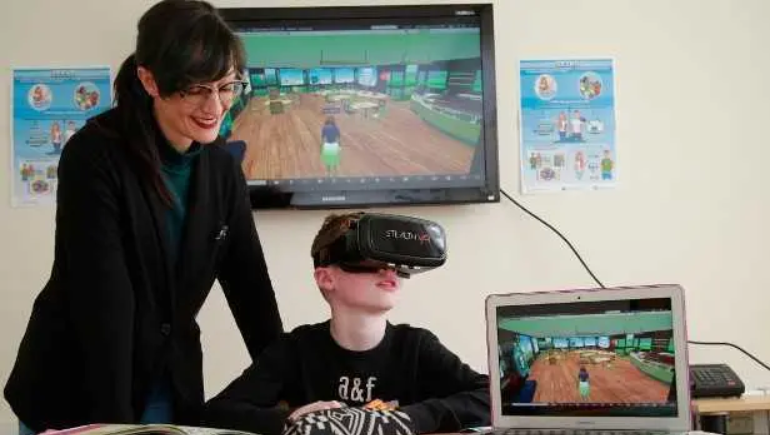
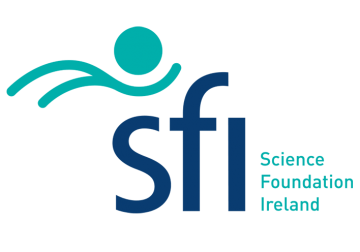
The opinions, finding and conclusions or recommendations expressed in this material are those of the author(s) and do not necessarily reflect the views of the Science Foundation Ireland.
